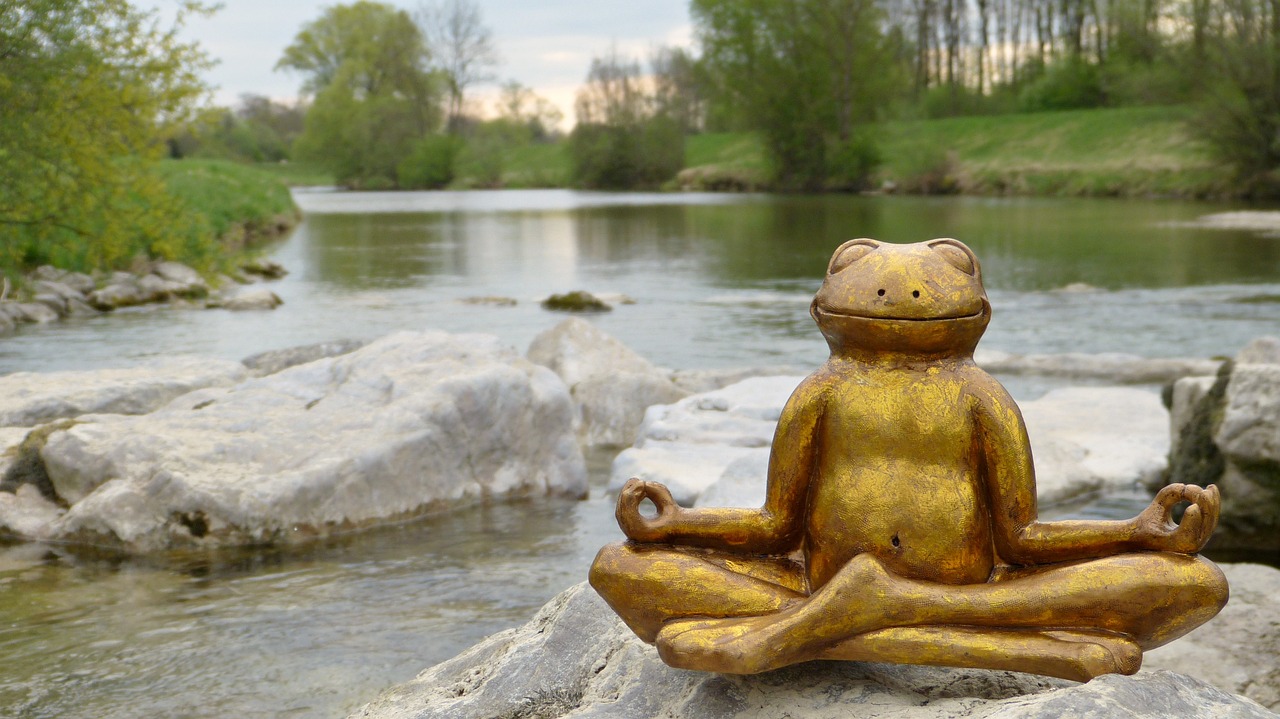
Unlocking the Power of Mindfulness: Techniques for a Stress-Free Mind
In our fast-paced, high-stress world, the practice of mindfulness has emerged as a powerful tool for achieving inner peace, reducing stress, and enhancing overall well-being. Mindfulness involves paying deliberate, non-judgmental attention to the present moment, allowing us to fully experience our thoughts, emotions, and surroundings. In this article, we will explore the concept of mindfulness, its benefits, and techniques for cultivating a stress-free mind.
Understanding Mindfulness
Mindfulness is a centuries-old practice rooted in Buddhist traditions, but it has gained widespread recognition and acceptance in recent decades, particularly in the fields of psychology and wellness. At its core, mindfulness involves:
- Present-Moment Awareness: Being fully engaged in the present moment, free from distractions and preoccupations with the past or future.
- Non-Judgmental Observation: Observing our thoughts, emotions, and sensations without judgment or criticism.
- Acceptance: Embracing our experiences, whether pleasant or unpleasant, with an attitude of acceptance and self-compassion.
Benefits of Mindfulness
The practice of mindfulness offers a wide range of physical, emotional, and psychological benefits:
- Stress Reduction: Mindfulness has been shown to reduce stress and its associated symptoms, such as anxiety and tension. By learning to stay present and non-reactive, individuals can manage stressful situations more effectively.
- Improved Mental Health: Mindfulness can enhance mental well-being by reducing symptoms of depression, boosting self-esteem, and increasing emotional regulation.
- Enhanced Focus and Concentration: Regular mindfulness practice can improve attention span and cognitive function, making it easier to stay engaged in tasks and reduce mind-wandering.
- Better Relationships: Mindfulness fosters empathetic listening, improved communication, and greater emotional awareness, which can lead to healthier, more fulfilling relationships.
- Pain Management: Mindfulness-based interventions have been effective in helping individuals manage chronic pain conditions by changing their perception and response to pain.
- Enhanced Resilience: Mindfulness can strengthen psychological resilience, enabling individuals to bounce back from adversity and cope with life’s challenges more effectively.
Mindfulness Techniques for a Stress-Free Mind
- Mindful Breathing: One of the simplest and most effective mindfulness practices is mindful breathing. Find a quiet place, sit comfortably, and focus your attention on your breath. Observe the sensation of each inhale and exhale without trying to control your breath. If your mind wanders, gently bring your attention back to your breath.
- Body Scan: A body scan involves systematically directing your attention to different parts of your body, starting from your toes and moving upward. Notice any sensations, tension, or discomfort without judgment. This practice can help you become more aware of physical sensations and release tension.
- Mindful Eating: Instead of eating mindlessly while distracted, savor your food with full attention. Notice the colors, textures, flavors, and smells of your meal. Eat slowly and chew each bite mindfully, fully experiencing the process of nourishing your body.
- Meditation: Meditation is a formal mindfulness practice that involves sitting or lying down in a quiet space and focusing your attention on a chosen object, thought, or mantra. Meditation can help you develop a calm and centered mind over time.
- Walking Meditation: Engage in a mindful walk by paying attention to each step and the sensations in your body as you move. Feel the ground beneath your feet, the air on your skin, and the rhythm of your walking. This can be done indoors or in a natural setting.
- Mindful Journaling: Keep a journal to jot down your thoughts and feelings without judgment. This practice can help you gain insight into your emotions and thought patterns, allowing you to respond to them with greater awareness.
- Mindful Listening: When engaging in conversations with others, practice active listening. Give your full attention to the speaker, without planning your response in advance. Listen not only to their words but also to their tone and body language.
- Loving-Kindness Meditation: This practice involves cultivating feelings of compassion and love for oneself and others. It often begins with focusing on positive phrases or intentions, such as “May I be happy. May I be healthy. May I be safe. May I live with ease.”
Incorporating Mindfulness into Daily Life
The true power of mindfulness lies in its integration into everyday life. Here are some tips for incorporating mindfulness into your daily routine:
- Start Small: Begin with short, regular sessions of mindfulness practice and gradually increase the duration as you become more comfortable.
- Mindful Moments: Infuse mindfulness into everyday activities. For example, practice mindful toothbrushing, showering, or waiting in line.
- Mindful Reminders: Set reminders or cues throughout the day to bring your awareness back to the present moment.
- Mindful Technology Use: Use technology mindfully by setting aside specific times for checking emails, social media, and other digital distractions.
- Mindful Breaths: Take a few mindful breaths before reacting to a challenging situation or making a decision.
- Mindful Gratitude: Each day, reflect on what you are grateful for, fostering a sense of appreciation and contentment.
Conclusion
Unlocking the power of mindfulness is a journey toward greater self-awareness, reduced stress, and enhanced well-being. By cultivating the ability to be fully present in the moment, to accept our experiences with non-judgmental awareness, and to apply mindfulness techniques in our daily lives, we can achieve a stress-free mind and a deeper connection with ourselves and the world around us. Mindfulness offers a path to greater inner peace and resilience in the face of life’s challenges, ultimately leading to a more fulfilling and joyful existence.
